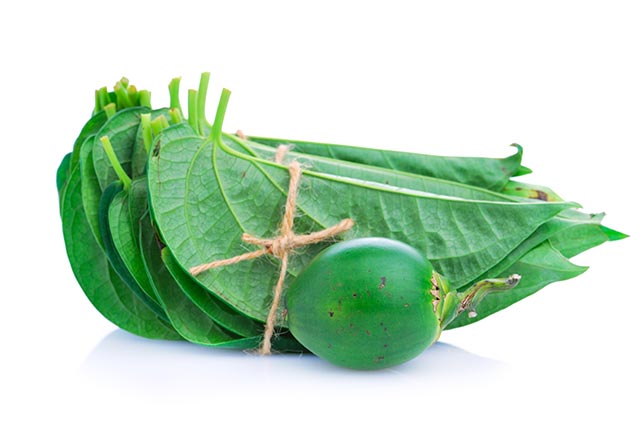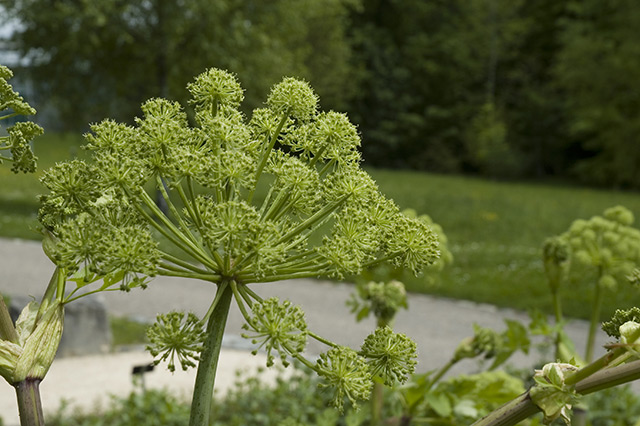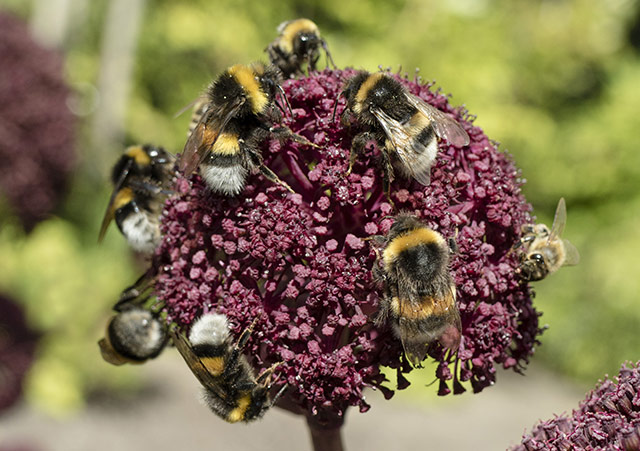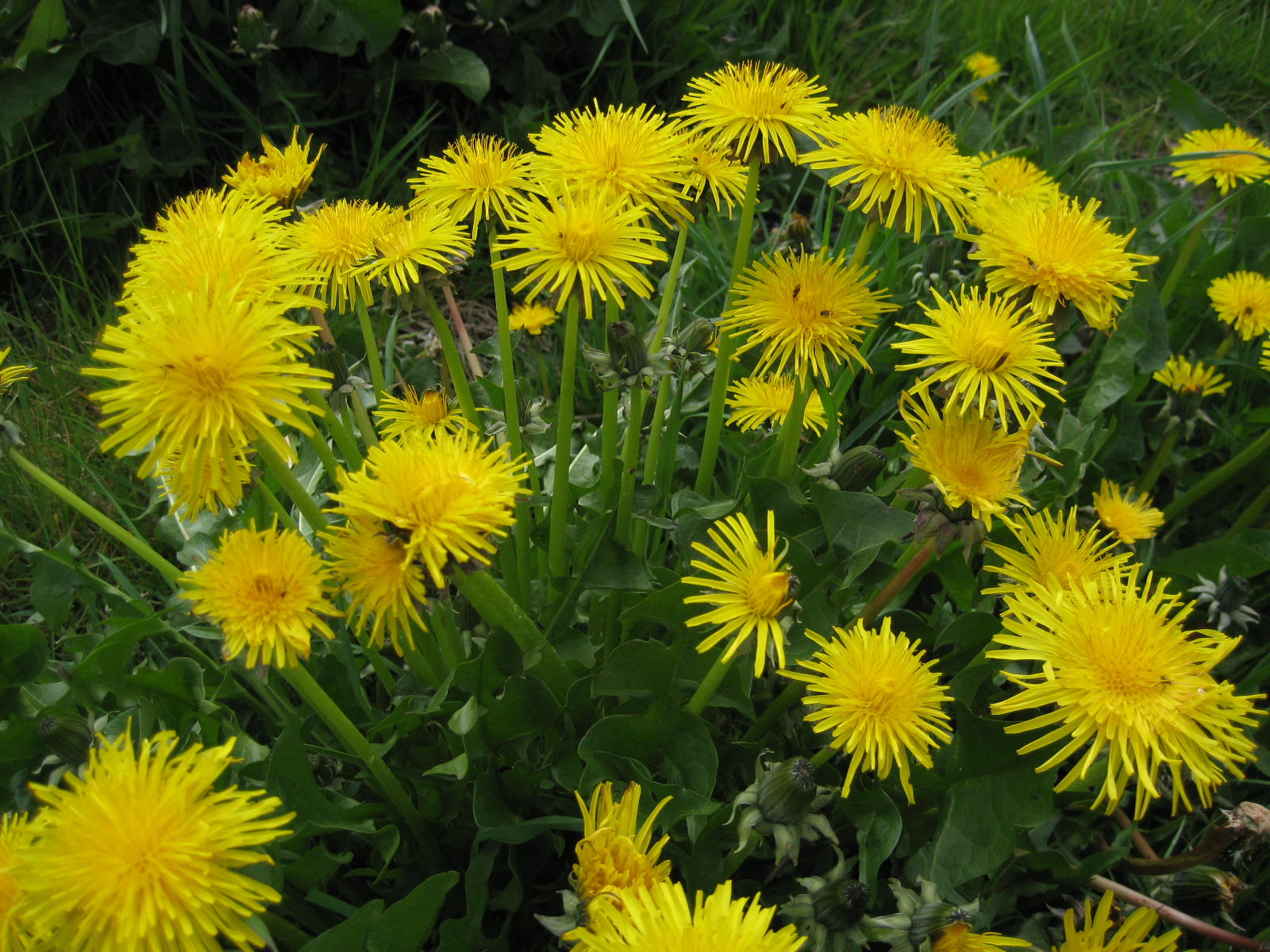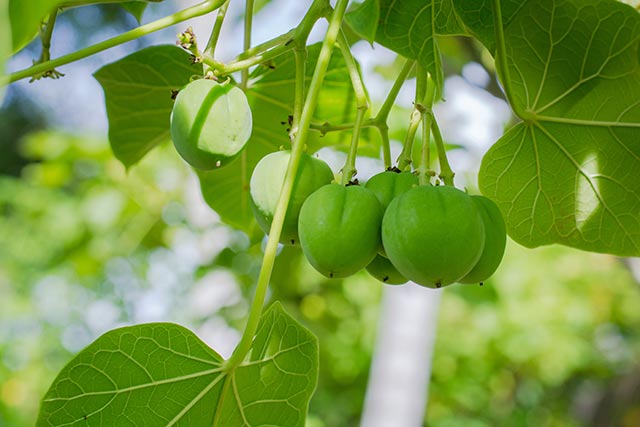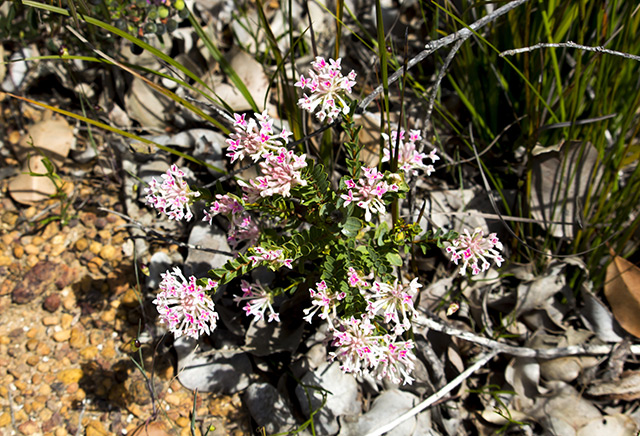Danggui, a herb used in Chinese medicine, holds potential for treating bladder cancer
10/22/2018 / By Ellaine Castillo

In the U.S., there are over 74,000 new cases of bladder cancer every year, making the disease one of the most common types of cancer. With so many patients developing bladder cancer, it is unfortunate that treatment regimens for bladder cancer fail 95 percent of the time. To increase the survival of patients with bladder cancer, people are now turning to naturally-occurring compounds for their anti-cancer potential. One of the compounds that researchers found to have antiproliferative and anti-metastatic properties is N-butylidenephthalide, a compound extracted from Danggui (Angelica sinensis).
Danggui is a commonly used herb in traditional Chinese medicine. Its medicinal applications include replenishing blood and treating menstrual disorders. Previous studies on Danggui led to the isolation and identification of a bioactive compound, now identified as N-butylidenephthalide, which has antiproliferative and cytotoxic effects on cancer cells. This discovery caused researchers to believe that Danggui can be used as a potential treatment for cancer.
For this study, the researchers first evaluated the effects of Danggui exposure on bladder cancer based on data found in Taiwan’s National Health Insurance Research Database. From the information that they had on 17,091 patients, they observed that only eight patients exposed to Danggui developed bladder cancer. Meanwhile, 22 patients that had no Danggui exposure got bladder cancer. This proves that Danggui has anticancer potential, which could be attributed to the presence of N-butylidenephthalide.
The researchers determined if N-butylidenephthalide is responsible for reducing bladder cancer risk by conducting in vitro and in vivo experiments. In vitro studies were done using bladder cancer cell culture. It was observed that N-butylidenephthalide treatment caused the cells to undergo mitochondria-mediated apoptosis, as indicated by the activation of caspase 9 and 3. Additionally, the researchers observed that N-butylidenephthalide prevented cells from migrating and invading other areas.
For the in vivo evaluation of N-butylidenephthalide’s anticancer activity, the researchers transplanted bladder cancer cells to mice. They observed that treatment with N-butylidenephthalide inhibited proliferation of the cells while promoting apoptosis.
Overall, these results show that Danggui has anticancer properties that can be attributed to the presence of N-butylidenephthalide. This bioactive compound was shown to have antiproliferative and anti-metastatic activity in bladder cancer cells. For better anticancer activity, Danggui can also be used with known anticancer foods. (Related: Raw broccoli, cabbage slash bladder cancer risk by 40 percent; cooking destroys benefits.)
Risk factors for bladder cancer
To avoid having to worry about bladder cancer treatment, it is important to avoid factors that may increase the risk of developing it. Some risk factors of bladder cancer include:
- Smoking – Studies have shown that smokers are three times more likely to develop bladder cancer. This is due to the presence of harmful substances in cigarettes and tobacco that are then processed by the body. One of the ways through which these substances are eliminated from the body is through urine. This could be problematic for the bladder, which stores urine before it is excreted since these chemicals could accumulate in urine and damage the lining of the bladder.
- Chemical exposure – People working in the dye, rubber, leather, textiles, and paint industry are more likely to develop bladder cancer since they are exposed to harmful chemicals on a daily basis. Some extremely harmful industrial chemicals include benzidine and beta-naphthylamine,
- Chronic bladder inflammation – When a person repeatedly gets urinary infections or inflammations, they are more likely to get bladder cancer. A specific parasitic infection known as schistosomiasis is especially associated with increased risk for squamous cell bladder cancer.
- Low fluid consumption – Not drinking enough water increases the risk of bladder cancer since the bladder is emptied less often. This allows harmful chemicals in urine to stay longer in the bladder and inflict more damage on the lining of the bladder.
Learn more about other traditional Chinese medicines that have anti-cancer properties by visiting ChineseMedicine.news today.
Sources include:
Tagged Under: alternative medicine, Angelica sinensis, anti-metastatic, anti-proliferative, anticancer, Bladder cancer, bladder cancer cells, cancer, Cancer Cells, chinese herb, Chinese medicine, cytotoxic, Danggui, herbal medicine, Herbs, metastasis, mitochondria-intrinsic pathway, N-butylidenephthalide, natural medicine, research, traditional Chinese medicine, traditional medicine

